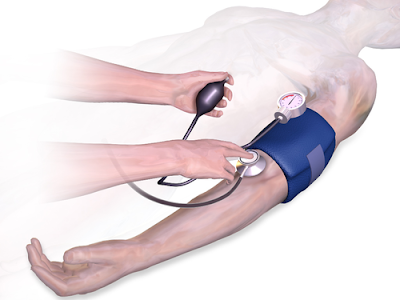Pumpkin Seeds and Their Health Benefits
Pumpkins were one of the foods the Spanish and Portuguese explorers of the 15th century discovered in the Americas, which they transported back to Europe. The pumpkin fared better than the tomato and potato as regards the suspicions of the Europeans and it was widely cultivated. Most people are unaware of the health benefits of pumpkin seeds and generally remove them and throw them away. However they can be used in soups and sauces as well as a healthy snack. You can roast them yourself after drying them with or without salt and in their shells. Some pumpkin seeds are not surrounded by a husk but mostly you have to take off the ivory-coloured outer husk to get at the dark-green seed inside.
In Greece people eat these as snacks and they are called passé tempo. They contain monounsaturated fats which can lower cholesterol levels in the blood, that is the bad cholesterol, and heighten the levels of good cholesterol. The Mediterranean diet is one of the healthiest in the world and it contains a lot of these good fats which help to prevent cardio-vascular disease. The phytotesterols present in these seeds also help to lower 'bad' cholesterol levels, so you really are doing your heart good by eating these seeds. Phytotesterols found in nuts and seeds may also stimulate the immune system and decrease the risks of some cancers. Vitamin E contained in these seeds is known to have potent antioxidant properties, which means that cells are protected from damage caused by free radicals which may cause cancer.
One of the main health benefits for men is that they may promote prostate gland health and reduce the risk of prostate enlargement in Benign Prostate Hypertrophy (BPH) which affects many men who are over the age of 50. It is thought that this protection may be due to the carotenoids and Omega-3 present in the seed oil. Men who have large amounts of carotenoids in their diets have less risk of BPH than those with less according to research. Now the carotenoids in pumpkin seeds are specifically under investigation to see why they have this effect.
Pumpkin seeds are rich in potassium, which is also linked to low blood pressure. Potassium is crucial to heart function and plays a key role in skeletal and smooth muscle contraction, making it important for normal digestive and muscular function, too. This means that it is also good for erectile dysfunctions.
These seeds also contain a fair amount of zinc, which, along with calcium and the other vitamins and minerals pumpkin seeds contain, helps protect bones from fracture when we fall. Menopausal women and men over 50 can benefits equally from a diet containing these seeds.
They also contain the amino acid tryptophan which converts to serotonin and niacin in the body and along with the vitamin E present in the seeds, this helps to decrease anxiety, and relieve the symptoms of stress such as nervousness and irritability.
Pumpkin seeds contain a long list of minerals including phosphorous, magnesium and manganese, copper and traces of selenium, which also helps lift our mood, as well as the ones listed above. In addition t contains all 18 of the amino acids known, and all 8 essential ones. Vitamins K B5 (pantothenic acid) and vitamin C are also contained in these seeds.
Vitamin A is also present and this combined with vitamin E can help to improve eyesight especially help to prevent night-blindness and help protect from macular degeneration which occurs as we age. There's no doubt that adding pumpkin seeds to your diet will help to keep you healthy, and they are not nuts, so even if you have a nut allergy, you may not be allergic to pumpkin seeds-very few people are.
http://www.herbs-treatandtaste.blogspot.com If you enjoyed this article, why not read more about healthy ways of eating and the food you eat by visiting this site. it has some recipes and a lot of information about some plants you might never have heard of, and some interesting facts about the ones that are so familiar that you tend to ignore them and the benefits they may have for your health.
Article Source: http://EzineArticles.com/?expert=Lynne_Evans


Comments